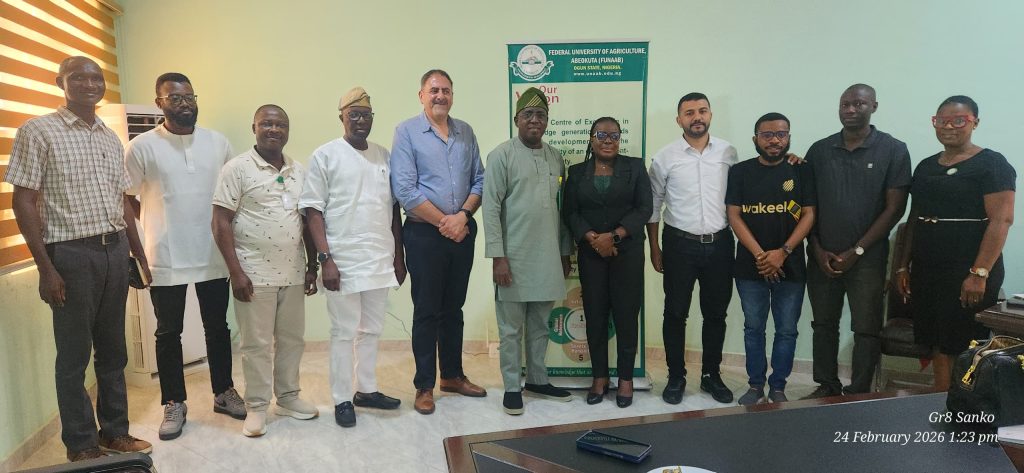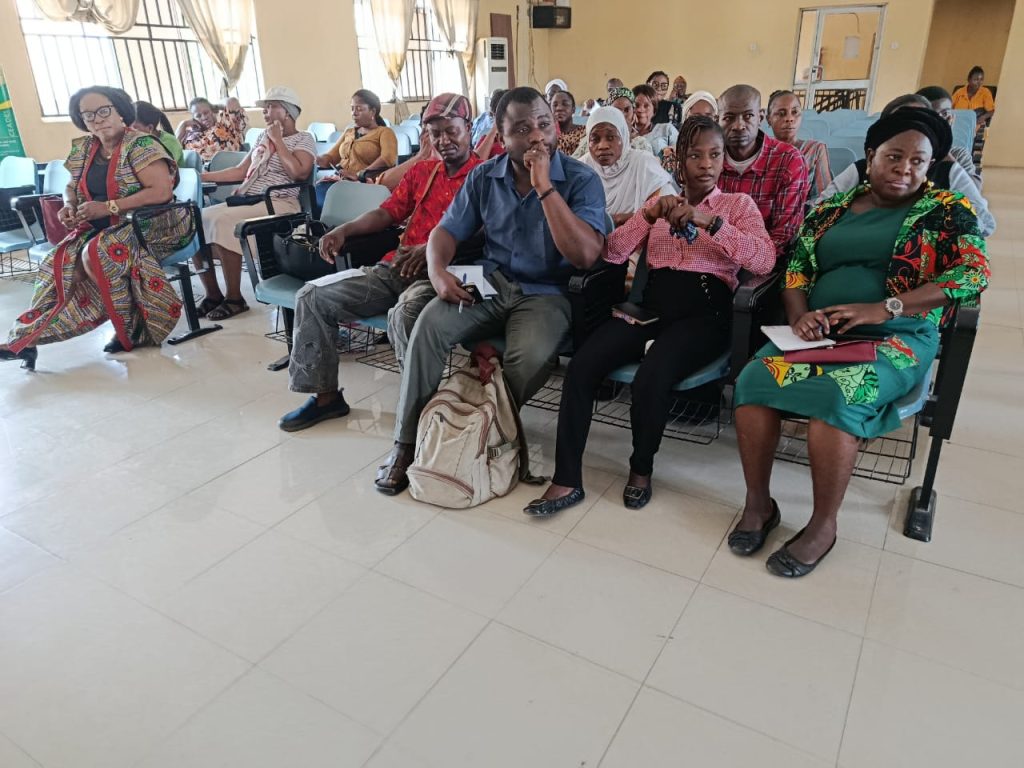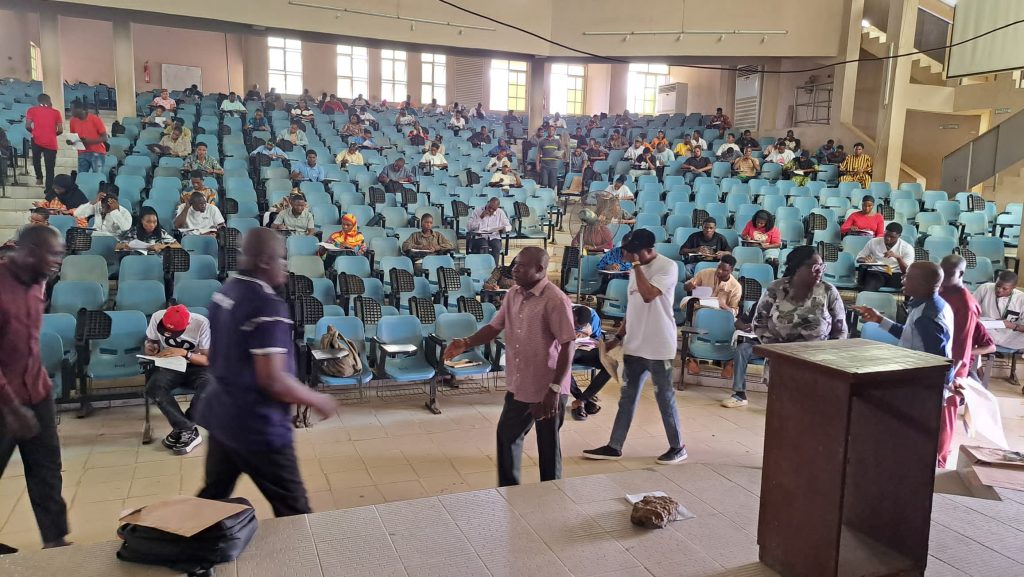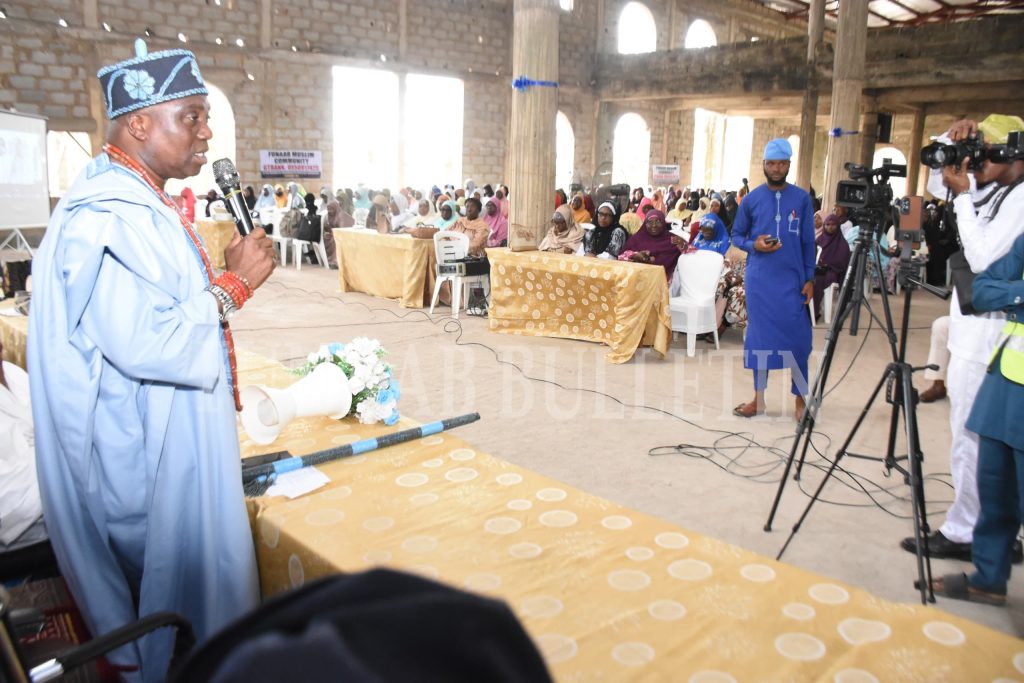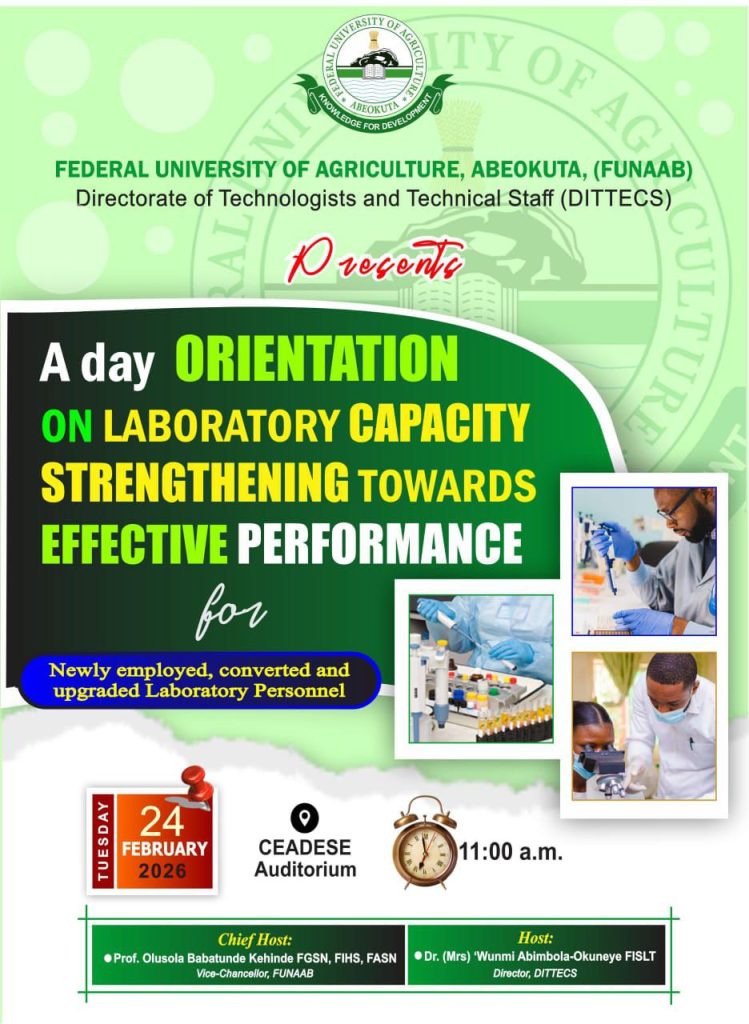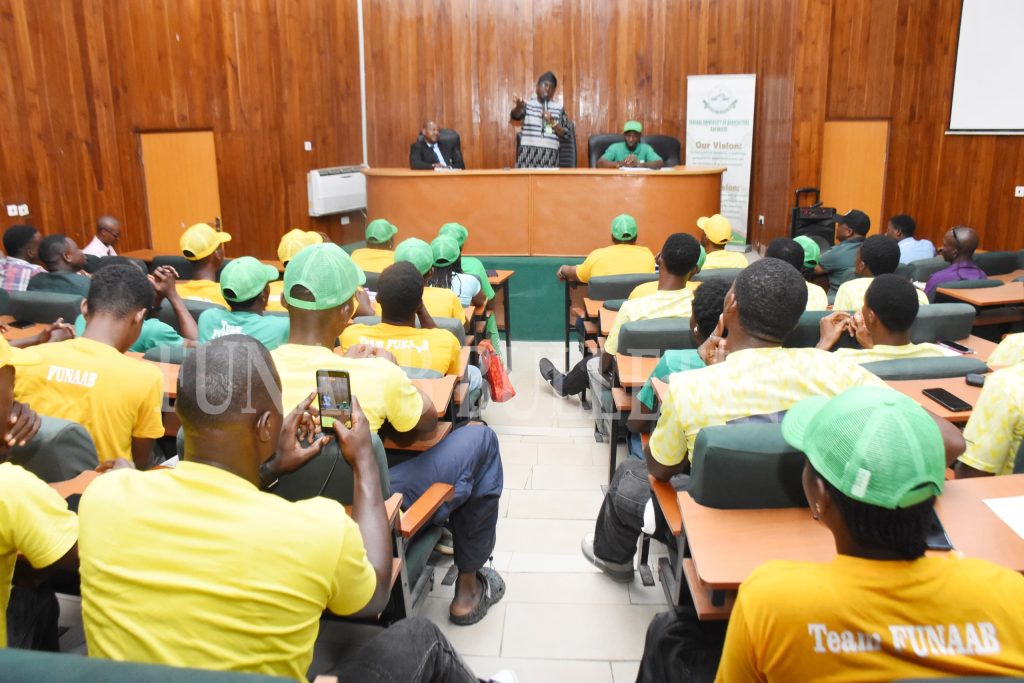Last Updated on April 8, 2024 by Olasunkanmi Olajide
The College of Engineering (COLENG), Federal University of Agriculture, Abeokuta recently held a 2-Day Mandatory Outcome Based Education (OBE) Workshop for an assemblage of engineering academic staff, members of the Engineering Community and interested members of the public.
This was a follow-up to the recent Outcome Based Education (OBE) Workshop in Lagos, which marked a crucial step for Nigeria’s engineering sector.
Speaking at the Opening Ceremony, the Dean, COLENG, Prof. Olawale Dairo stated that the Workshop was a follow-up to the Council for the Regulation of Engineering in Nigeria (COREN) OBE Training sessions held nationwide, adding that Nigeria’s engineering landscape was primed for transformation in a landmark move towards international recognition.
According to him, COREN’s attainment of provisional membership status in the esteemed Washington Accord (WA), Sydney Accord (SA), and Dublin Accord (DA) herald a new era of possibilities.
He stated further that the Accords serve as guiding beacons for the training of Engineers, Technologists, and Artisans across member states such as the USA, UK, Canada, Ireland, Australia, China, and South Africa, to mention a few.
Besides, the Dean, said that the significance of the milestone cannot be overstated.
His words “With WA tailored for Engineers, SA for Technologists, and DA for Artisans, Nigeria stands at the cusp of global integration in the engineering realm.”

Prof. Dairo observed that the potential advantages were manifold, particularly for graduates aspiring for international careers, adding that under the Accords, Nigerian engineering graduates could seamlessly transit into employment opportunities in countries party to the agreements, leveraging their Nigerian Degrees.
He, therefore, stated that it would pave the way for enhanced professional mobility and recognition on a global scale, a benefit for those eyeing international career prospects.
Meanwhile, central to Nigeria’s bid for full membership status in these prestigious Accords was the adoption of OBE as the cornerstone of engineering education.
OBE epitomises a 21st-century educational paradigm, placing paramount importance on student-centric learning and performance assessment.
Corroborating the Dean, the former Deputy Vice-Chancellor, Academic, Prof. Adekojo Waheed said that embracing OBE not only ensures alignment with international standards but also reinforces Nigeria’s commitment to nurturing a skilled workforce poised for global competitiveness.
He noted that by prioritising OBE-based training, Nigeria not only strengthens its candidacy for full membership status but also ensures that its engineering graduates are equipped with the requisite skills and competencies demanded by the global market.
According to him, in essence, Nigeria’s journey towards full membership status in the esteemed WA, SA, and DA represented a pivotal moment in the country’s engineering education landscape.
Prof. Waheed stressed that through the adoption of OBE and alignment with international accords, Nigeria charts a course towards global recognition, where Nigerian Engineering Degrees stand tall among their international counterparts, opening doors to a world of opportunities for aspiring engineers.
Other speakers at the Workshop were the immediate Past Dean of the College, Prof. Salami Ismaila and a seasoned Structural Engineering Expert, Prof. Joseph Akinyele.
It is also noteworthy to state that all HoDs and Academic Staff of the College were present at the Mandatory Training Workshop.
Story submitted by Ben Anyanwu
Author
-
Mr. Olajide is a seasoned professional with over a decade of expertise in the fields of Public Relations, Media and Communications. He currently holds the position of Assistant Director, Media.
View all posts


